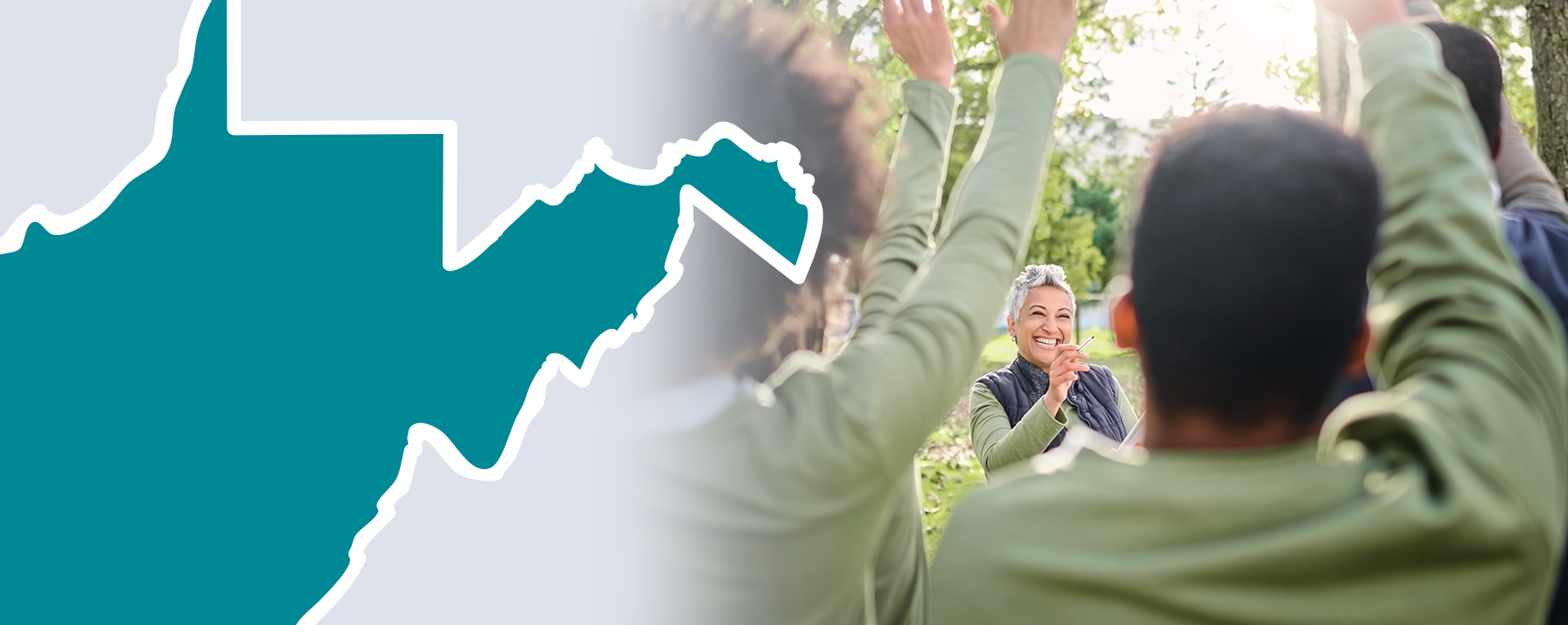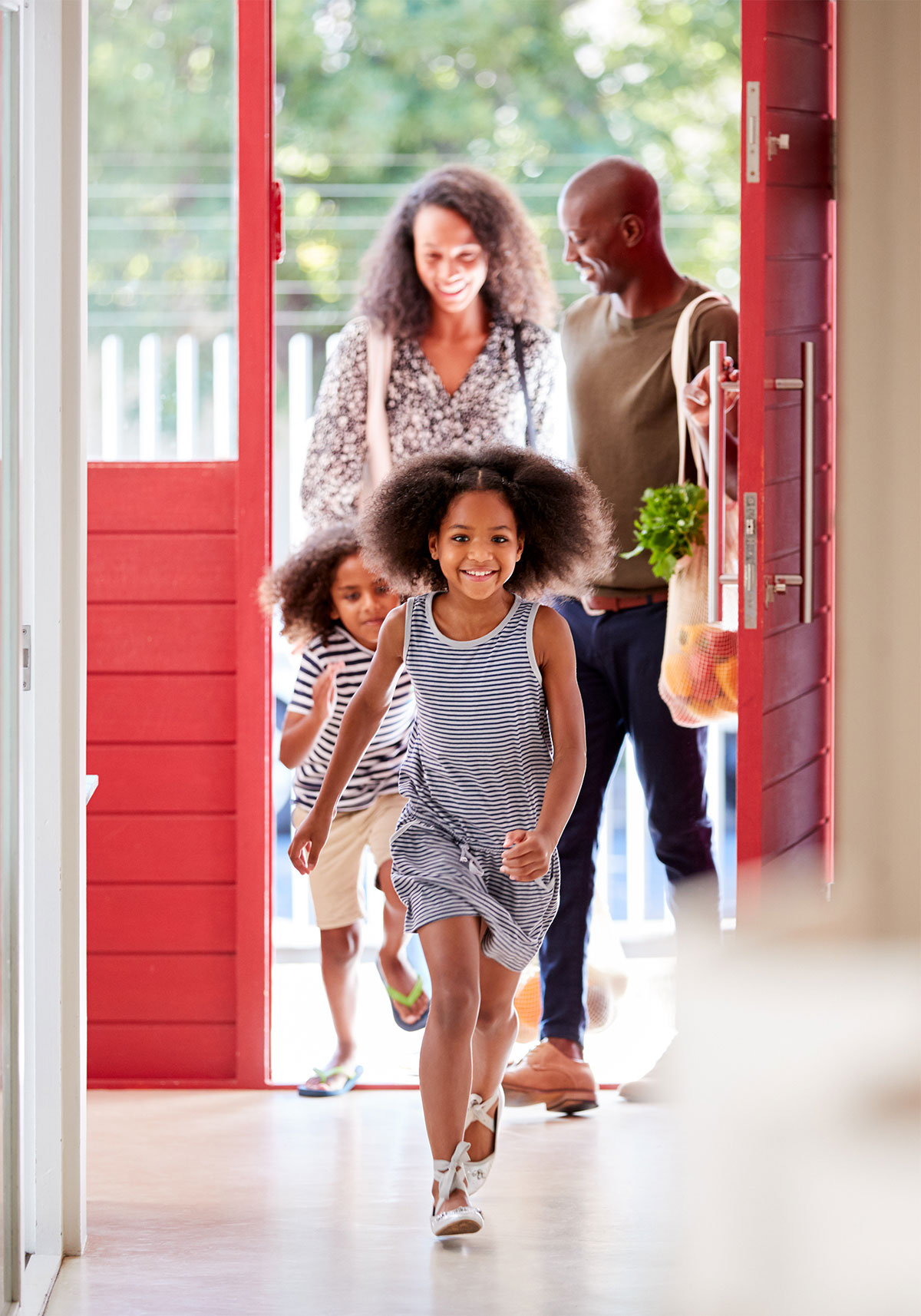


Sexual violence is a public health problem that impacts every community and affects people across the lifespan. Some populations are at greater risk for experiencing sexual violence including children, people with disabilities, those who identify as LGBTQ+, and other marginalized individuals. Those who commit sexual violence usually know their victims. Prevention requires a comprehensive and collective effort. Families and communities can help raise awareness, create opportunities to address inequities, and increase protective factors to reduce the risk of sexual violence.
If you need additional support, visit Get Help or email [email protected]. WV 211 has a comprehensive database of service providers, which can be accessed at www.wv211.org. To make a report of suspected abuse or neglect, contact WVDHHR at 1-800-352-6513.
Please Note: A key priority for prevention work is to do no harm. Individuals providing prevention programs should be trained on the content and prepare others to appropriately and safely respond to disclosures BEFORE an event or presentation. Program facilitators are highly encouraged to partner with a local rape crisis center and other specialized providers.
The Parent Toolkit includes resources for children and caregivers on mindfulness along with suggestions for activities that can be done as a family.
This guide contains decades of research packed into practical, digestible advice and age-appropriate conversation starters to help you feel comfortable talking with your child about personal safety—one of the most powerful ways to protect them from sexual abuse.
This brief 4-minute animated video can reinforce body safety and boundaries lessons for young children.
Me & My Emotions is a mobile-friendly “free” website developed specifically to support teens’ social-emotional learning (SEL) and development.
This is a one-page guide for caregivers who want to have meaningful conversations about body safety and boundaries with their children.
This program introduces the 1998 ACEs study that established a link between Adverse Childhood Experiences (ACEs) and adult health outcomes.
Connections Matter is a community-based initiative that explores how the connections we make in life profoundly impact our brain’s ability to grow and our own individual abilities to cope and thrive.
